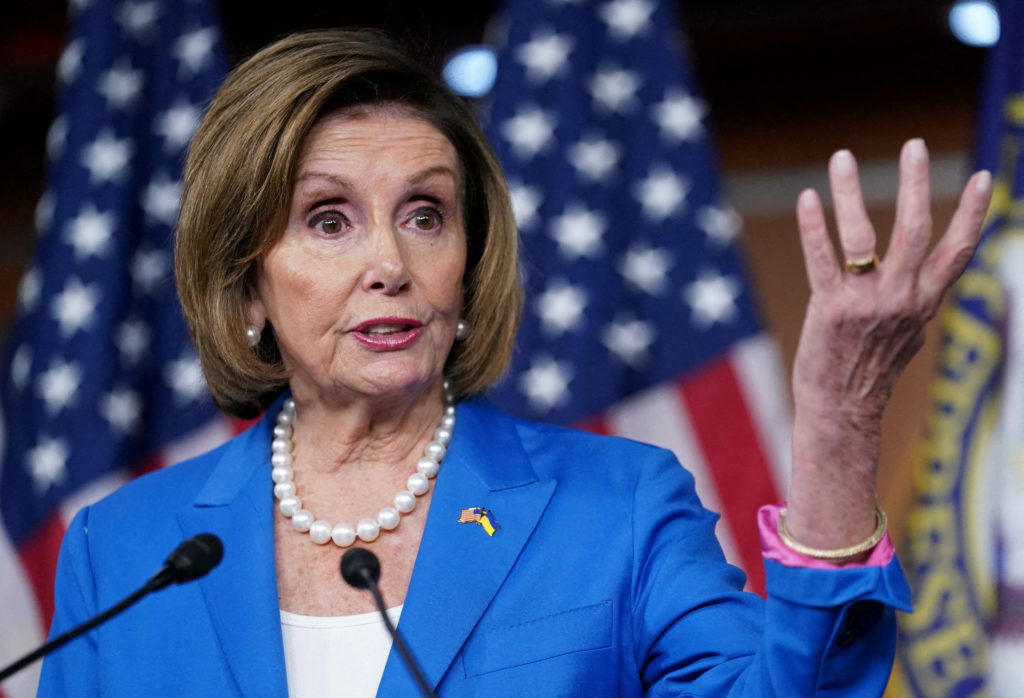On August 2, 2022, Nancy Pelosi, the Speaker of the United States House of Representatives, arrived in Taiwan, becoming the second current Speaker to visit the island since the US cut diplomatic ties with Taiwan. Her visit aimed to demonstrate US support for Taiwan and deepen bilateral relations, but it has also drawn strong opposition from China, which has taken a series of military actions in response.
Pelosi’s visit was seen as significant given the recent tensions between China and Taiwan. Beijing considers Taiwan a part of its territory and has threatened to use force if necessary to bring it under its control. The US, on the other hand, has long-standing unofficial ties with Taiwan and has been selling arms to the island to help it defend itself against China.
China condemned Pelosi’s visit as a “provocation” and announced military exercises in the Taiwan Strait, including sending fighter jets into Taiwan’s airspace. The Chinese Foreign Ministry also summoned the US Charge d’Affaires to express its strong dissatisfaction and opposition to the visit.
Pelosi’s visit came at a time when the US-China relationship has been strained over issues such as trade, human rights, and Taiwan. The US has been critical of China’s crackdown on pro-democracy protesters in Hong Kong and its treatment of the Uyghur minority in Xinjiang. It has also been pushing back against China’s territorial claims in the South China Sea, which have been disputed by several Southeast Asian countries.
The tensions between the US and China have had a significant impact on the global economy, with the two countries being the world’s two largest economies. The trade war between the US and China, which began in 2018, has resulted in increased tariffs and trade barriers, affecting businesses and consumers in both countries and beyond. The military actions by China in response to Pelosi’s visit could further escalate the tensions and have implications for the global economy.
Pelosi’s visit to Taiwan has also highlighted the issue of Taiwan’s status in the international community. While the US does not officially recognize Taiwan as a separate country, it has been supportive of Taiwan’s participation in international organizations, such as the World Health Assembly. China, however, has been pressuring these organizations to exclude Taiwan, leading to tensions and controversies.
In conclusion, Pelosi’s visit to Taiwan has brought the issue of Taiwan to the forefront of the US-China relationship, and has further strained the already tense relationship between the two countries. The military actions by China in response to the visit could have significant implications for the global economy and stability in the region. It also highlights the ongoing issue of Taiwan’s status in the international community and the challenges of balancing relations with China and supporting Taiwan.
